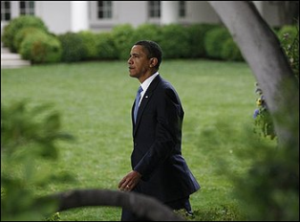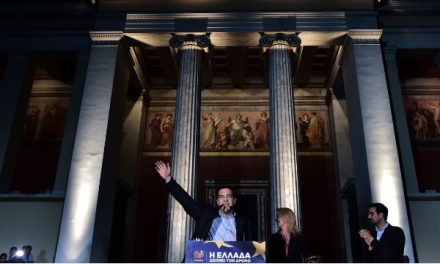The Obama administration has disappointed civil rights campaigners who had expected him to reverse most of the post-9/11 restrictions introduced by the Bush administration.
On becoming president in January 2009, Obama promised to closeGuantánamo Bay within a year. He did order an end to waterboarding but Guantánamo remains open and almost all the rest of the Bush era anti-terrorism apparatus, from the Patriot Act through to increased surveillance is still in place.
Measures once considered only for emergency use are being consolidated.
“I did not like it when the violations of rights were temporary but now, because of Obama going along with the changes, they are becoming a permanent fixture of our legal landscape,” said Michael Ratner, president emeritus of the Centre for Constitutional Rights (CCR), which has been battling since the civil rights campaigns of the 1960s.
Ratner, who was among the first, small group of lawyers to fight on behalf of the Guantánamo detainees, said Obama had the chance to close Guantánamo but became weak-kneed about it. “Indefinite detention, restrictions on habeas corpus, rendition, all these continue under Obama. We still have military commissions under Obama.”
He added: “All the restrictions on government surveillance and spying that we fought for and won in the 1970s, are gone. We are back to square one. There are no restrictions on the FBI. None. They are targeting Muslims in particular. One’s religion has become a key criteria for surveillance.”
Michelle Richardson, a lawyer specialising in national security at the American Civil Liberties Union, echoed some of Ratner’s points. “We definitely think there has been quite a significant shift and there is much more government snooping. It started with the Patriot Act, which made it easier to spy on people who aren’t suspected of doing anything wrong.”
There were fewer than 1,000 people being wiretapped before 9/11 for intelligence purposes and “now we don’t know how many”, she added.
Richardson said the public is split between those who think the government is over-reacting and those who think the measures are justified. “The government has done a good job of keeping people in a state of emergency,” she said, adding that it was too soon to say whether the balance will change. The scales might tip if people begin to be denied benefits or jobs because they are on terrorist lists, she said.
But Benjamin Wittes, a senior fellow in public law at the Brookings Institution, is less convinced that America is any less free today than it was before 9/11.
Wittes said: “I am not convinced we are less free. If you talk to someone walking on the street – other than in Washington, where we feel more of the brunt because we are more of a target – I would be surprised if they felt less free.”
He suggested three categories of freedom. The first affects large numbers of people; the only post-9/11 example of such is airport security; this, Wittes said, is not a constraint on freedom as it allows people to fly.
The second category is people who are non-Americans and has zero affect on Americans walking round the streets. Guantánamo is in this category.
The third category is surveillance. “There is no doubt there has been an increase in wiretapping. It is a substantial increase, not dramatic. It is not awesome. Most of it is public. The wild card in this is the National Security Agency warrantless wiretapping and we do not know the volume of this.”
What about waterboarding? “I agree that countries that engage in torture are less free than those who do it. If you accept it was torture, the question is still more complicated,” Wittes said. It is still a country that in a moment of crisis involved a small number of dangerous people and then stopped. Is that country less free? I think that is extravagant. I am more sympathetic to the CIA than most people.” The bottom line, for Wittes, is that waterboarding has stopped.



















